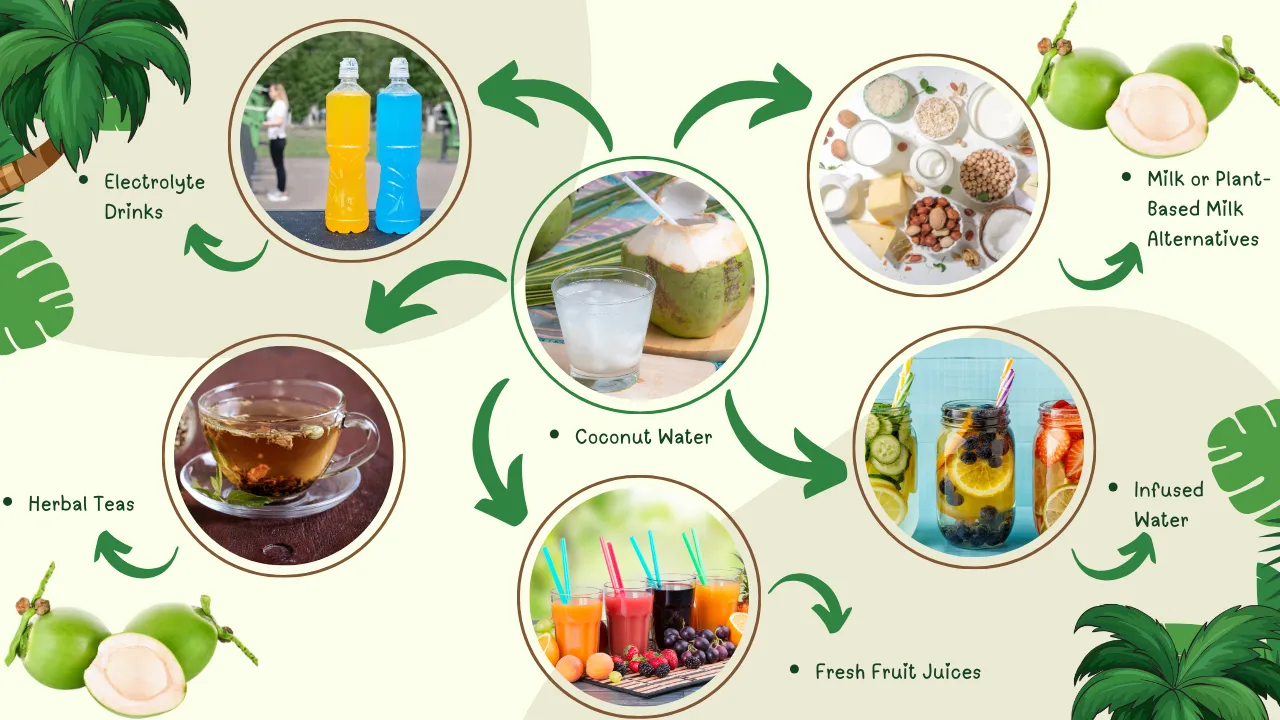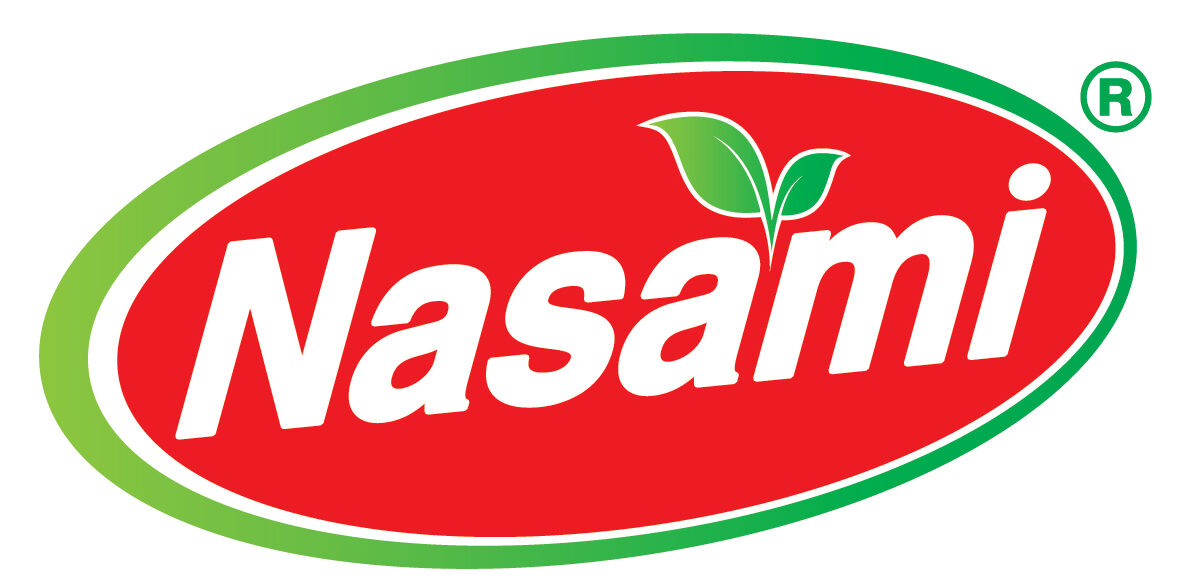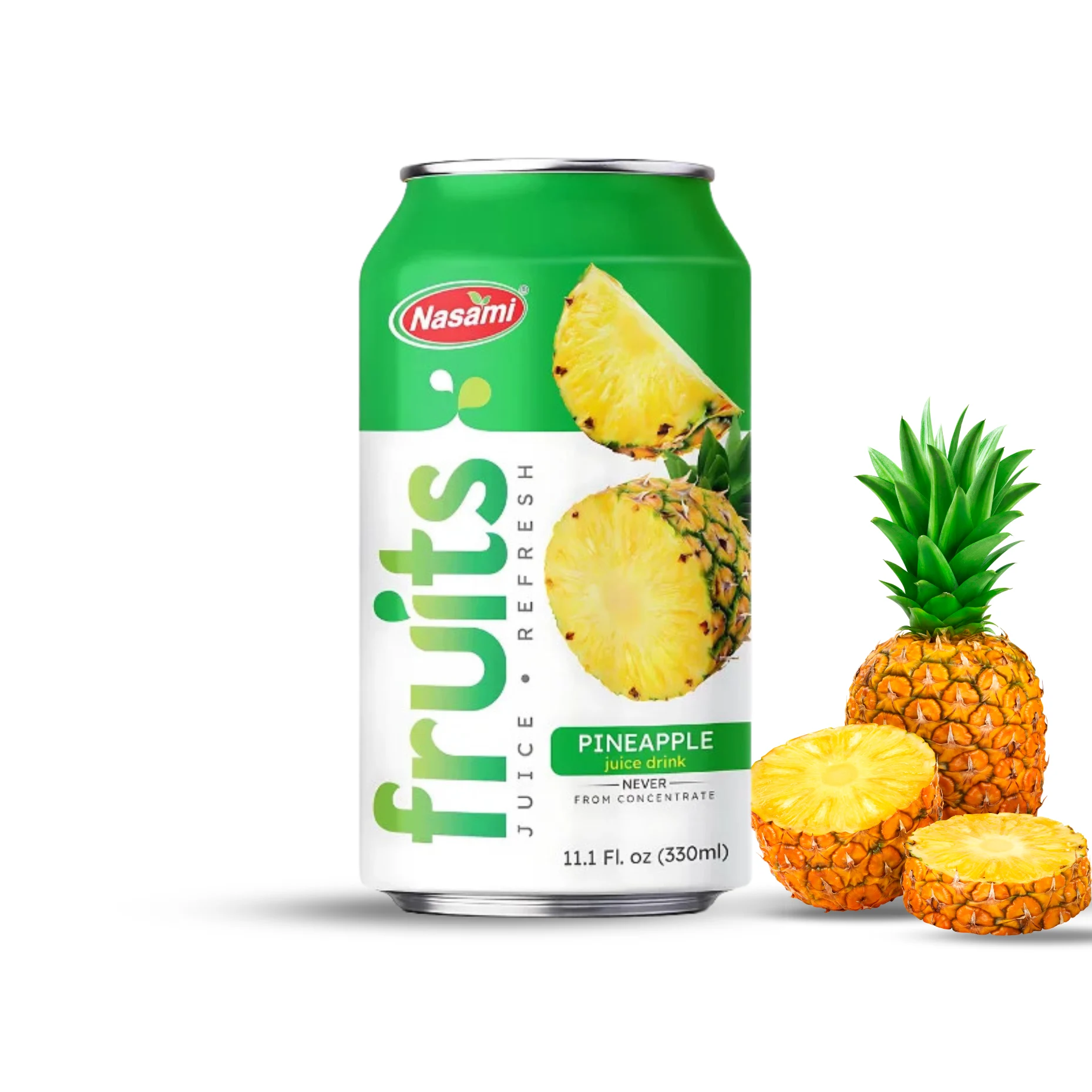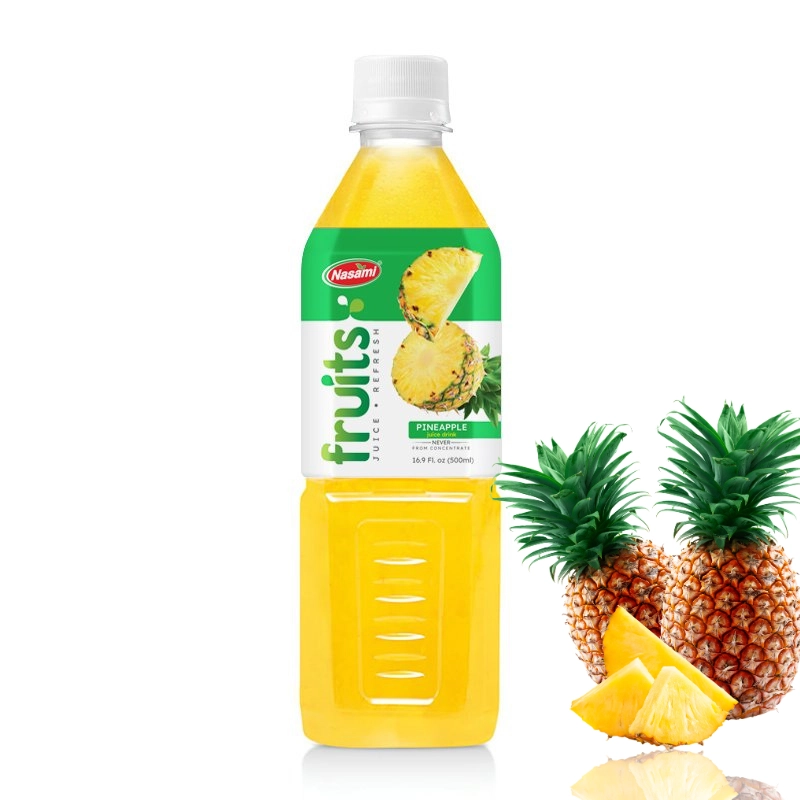Can Pregnant Women Drink Coconut Water? Staying hydrated is essential for everyone, but it becomes even more crucial during pregnancy. Proper hydration supports various bodily functions, including maintaining amniotic fluid levels, regulating body temperature, and aiding digestion factors that significantly impact the well-being of both the mother and the developing baby. While water is the most common way to stay hydrated, many pregnant women seek natural alternatives that provide hydration and nutrients. One such popular option is coconut water.
Table of Content
ToggleKnown for its refreshing taste and electrolyte-rich composition, coconut water has become a go-to drink for health-conscious individuals. From fitness enthusiasts to wellness advocates, it’s hailed as a natural way to replenish lost fluids and boost energy. But when it comes to pregnancy, is it safe to enjoy coconut water?
This article explores the question: Can you have coconut water while pregnant? We’ll look into its nutritional value, potential benefits, risks, and whether it should be a part of a healthy pregnancy diet.
Nutritional Value of Coconut Water – Can Pregnant Women Drink Coconut Water?
Coconut water is often praised for its impressive nutritional profile, making it a popular choice for those seeking a natural, hydrating beverage. It’s packed with essential nutrients, including potassium, magnesium, and various electrolytes, which are crucial for maintaining overall health, particularly during pregnancy.
- Potassium: One of the most abundant minerals in coconut water, potassium is vital in maintaining proper fluid balance and blood pressure. For pregnant women, potassium helps reduce swelling, manage blood pressure, and support the cardiovascular system, which is under additional strain during pregnancy.
- Magnesium: Magnesium helps in muscle relaxation, which can alleviate common pregnancy symptoms like leg cramps and muscle tension. It’s also essential for bone health and energy production, both of which are crucial as the body undergoes significant changes to support the growing fetus.
- Electrolytes: Pregnancy increases the body’s need for electrolytes, which are essential for maintaining hydration, balancing fluids, and supporting nerve and muscle function. Coconut water is a natural source of electrolytes like sodium, potassium, and calcium, making it a great option for rehydration, especially if the mother is experiencing morning sickness or dehydration.
These nutrients collectively benefit pregnant women by promoting healthy hydration, improving digestion, and maintaining energy levels. Coconut water serves as a gentle, natural way to support the body’s changing needs during pregnancy, contributing to overall well-being for both mother and baby.
Health Benefits of Coconut Water During Pregnancy
Coconut water offers several health benefits that can be particularly advantageous during pregnancy, a time when the body requires extra care and nutrition. Below are some of the key benefits:

Hydration
Staying properly hydrated during pregnancy is essential for both the mother and the developing baby. Coconut water is an excellent hydrating drink because it contains natural electrolytes like potassium and sodium, which help to maintain fluid balance in the body. Pregnant women who experience morning sickness, vomiting, or dehydration can benefit from the gentle rehydration coconut water provides, replenishing lost fluids without the additives found in many commercial sports drinks.
Electrolyte Balance
As the body’s need for electrolytes increases during pregnancy, coconut water can help maintain a healthy balance. The rich electrolyte content—particularly potassium and magnesium—helps prevent common pregnancy issues like leg cramps, swelling, and muscle tension. By supporting proper muscle and nerve function, coconut water can help pregnant women avoid discomfort and maintain overall well-being.
Natural Remedy for Heartburn & Indigestion
Many pregnant women experience heartburn and indigestion, especially in the later stages of pregnancy as the growing uterus puts pressure on the stomach. Coconut water has a soothing effect on the digestive system, helping to neutralize excess stomach acid and reduce the discomfort of heartburn. Its natural alkalinity also aids in digestion, making it a gentle remedy for those dealing with digestive issues during pregnancy.
Boosting Immunity
Coconut water contains nutrients like lauric acid, a compound known for its antimicrobial and immune-boosting properties. While it’s not a miracle cure, coconut water can contribute to overall immune function during pregnancy, helping the body fend off infections and stay strong in a time when the immune system is naturally suppressed to protect the fetus. The hydration and nutrients it provides support general health, which can be particularly important during pregnancy.
Get information about all products of Nasami Beverages.
Potential Risks and Considerations
While coconut water offers numerous benefits, it’s essential to be aware of potential risks and considerations, particularly during pregnancy.
Overconsumption and High Potassium Levels
Although coconut water is a rich source of potassium, consuming too much can lead to an imbalance in electrolytes, particularly for pregnant women who may already be getting sufficient potassium from their diet. Excessive potassium, also known as hyperkalemia, can affect heart health and lead to complications like irregular heartbeat or muscle weakness. Therefore, pregnant women must enjoy coconut water in moderation and consult with their healthcare provider about safe daily intake.
Choosing Fresh or Unsweetened Coconut Water
Not all coconut water is created equal. Some commercially available options contain added sugars, preservatives, or artificial flavorings, which can diminish the natural benefits and even introduce unnecessary calories. During pregnancy, managing sugar intake is important to prevent issues like gestational diabetes or excessive weight gain. Whenever possible, opt for fresh coconut water or unsweetened versions to avoid these additives and enjoy the pure benefits of the drink.
Possible Allergies or Intolerances
Though coconut water is generally safe for most people, it’s important to be mindful of any potential allergies or intolerances. Coconut is classified as a fruit, and while coconut allergies are relatively rare, they do exist. Symptoms can include itching, swelling, or digestive issues. Pregnant women who are consuming coconut water for the first time should start with small amounts and monitor their body’s reaction. If there are any signs of an allergic reaction, it’s important to discontinue use and consult a healthcare provider.
Expert Opinions and Medical Guidelines
When it comes to consuming coconut water during pregnancy, many healthcare professionals agree that it can be a beneficial addition to a healthy diet when consumed in moderation. Coconut water’s natural electrolytes, hydration properties, and nutrient profile make it a favorable option for pregnant women, especially in comparison to sugary or artificially flavored beverages.

Insights from Healthcare Professionals
According to obstetricians and nutritionists, staying hydrated is crucial during pregnancy, and coconut water can be a great way to maintain hydration, particularly for women who struggle with nausea or morning sickness. Its natural balance of electrolytes can help replenish lost fluids without overwhelming the body with sugar or artificial ingredients. However, experts also emphasize the importance of moderation. Dr. Jennifer Wu, an OB-GYN at Lenox Hill Hospital, advises that while coconut water is generally safe, pregnant women should stick to moderate amounts to avoid potential issues related to excessive potassium intake or hidden sugars in commercial products.
Medical Guidelines on Hydration and Nutrient Intake
The American Pregnancy Association suggests that pregnant women consume around 8-12 cups of fluids per day to stay adequately hydrated. Coconut water can contribute to this goal, especially for women who may find plain water unappealing due to nausea or taste aversions. However, the association also recommends prioritizing water as the main source of hydration, with coconut water serving as a supplementary beverage rather than a replacement.
In terms of nutrient intake, coconut water can help meet some of the body’s additional demands during pregnancy, particularly in replenishing potassium and other electrolytes lost through sweat, vomiting, or increased urination. Nonetheless, medical guidelines suggest that pregnant women should aim to get the majority of their nutrients from a well-rounded diet rich in fruits, vegetables, whole grains, and lean proteins, with coconut water being part of the broader nutrition strategy rather than a primary nutrient source.
How Much Coconut Water is Safe During Pregnancy?
While coconut water can be a nutritious and hydrating option during pregnancy, it’s important to consume it in moderation to avoid any potential risks.

Recommended Serving Sizes
Healthcare professionals generally suggest that 1 to 2 cups of coconut water per day is a safe and beneficial amount for most pregnant women. This moderate serving size allows you to enjoy the hydration and electrolyte benefits without overloading your body with potassium or excess sugar, especially if you’re consuming commercially bottled coconut water.
For those opting for fresh coconut water, one serving typically comes from a single young coconut, which contains about 200 to 300 ml (around 1 cup) of liquid. Drinking this amount is considered safe, but it’s always a good idea to consult with your healthcare provider to determine what’s appropriate based on your individual needs and dietary restrictions.
Tips for Incorporating Coconut Water Into a Balanced Pregnancy Diet
Coconut water can be a versatile addition to your daily routine, offering a refreshing and nutritious alternative to plain water. Here are some tips on how to incorporate it into a healthy pregnancy diet:
- Start Your Day with Coconut Water: Drinking a cup of coconut water in the morning can help rehydrate you after a night’s rest and provide a gentle boost of energy without the caffeine found in coffee or tea.
- Use It as a Post-Workout Drink: If you’re staying active during pregnancy, coconut water is an excellent natural option for replenishing electrolytes after light exercise or prenatal yoga sessions.
- Add It to Smoothies: Coconut water pairs well with fruits like berries, bananas, and mangoes. Add a cup to your favorite smoothie recipe for a hydrating, nutrient-packed drink that also helps with digestion.
- Balance It with Other Fluids: While coconut water can contribute to your daily fluid intake, it’s important to also drink plenty of plain water throughout the day to maintain optimal hydration levels.
Myths vs. Facts About Coconut Water in Pregnancy
When it comes to pregnancy, there are several myths surrounding the consumption of coconut water. Let’s take a closer look at some of the most common misconceptions and clarify them with factual information.

Myth: Coconut Water Can Induce Labor
One popular myth suggests that drinking coconut water, especially in the third trimester, can help induce labor. However, there is no scientific evidence to support this claim. Coconut water doesn’t contain any compounds known to trigger uterine contractions or initiate labor. It is purely a hydrating beverage and should not be considered a labor-inducing method.
Myth: Coconut Water Is a Cure-All for Pregnancy Symptoms
Some believe that coconut water can solve all pregnancy-related issues, from morning sickness to fatigue. While it can provide relief for certain symptoms like dehydration or indigestion, it’s not a miracle cure. Each pregnancy is unique, and while coconut water can be beneficial for some women, it’s important to maintain realistic expectations and seek medical advice for persistent symptoms.
Fact: Coconut Water Can Support Hydration
Coconut water is indeed a great way to stay hydrated, especially for pregnant women who may struggle with nausea or morning sickness. Its natural electrolytes help replenish fluids lost due to vomiting or sweating. However, while coconut water is effective for hydration, it should not replace regular water intake entirely. Pregnant women should aim for a balanced intake of fluids throughout the day.
Fact: Coconut Water Contains Nutrients but Shouldn’t Replace a Balanced Diet
Another fact is that coconut water contains key nutrients such as potassium, magnesium, and electrolytes, which can benefit a pregnant woman’s health. However, while these nutrients are helpful, coconut water alone cannot provide all the essential vitamins and minerals required during pregnancy. A balanced diet that includes a variety of fruits, vegetables, proteins, and grains is crucial for supporting both maternal health and fetal development.
Alternatives to Coconut Water
While coconut water can be a great option for pregnant women seeking hydration and nutrients, several other healthy beverages can offer similar benefits. Let’s explore a few alternatives and how they compare to coconut water.

Herbal Teas
Herbal teas such as ginger, peppermint, and chamomile are popular choices during pregnancy for their soothing properties. Ginger tea, for example, can help alleviate nausea and morning sickness, while peppermint tea is known to soothe indigestion. However, not all herbal teas are safe for pregnancy, so it’s essential to consult with a healthcare provider before incorporating them into your diet.
- Comparison to Coconut Water: Herbal teas are more effective for specific symptoms like nausea or digestive discomfort, while coconut water excels at hydrating and replenishing electrolytes.
Infused Water
Infused water, made by adding slices of fruits, vegetables, or herbs to water, is a flavorful and nutrient-rich way to stay hydrated. Popular options include lemon, cucumber, or mint. This is a great choice for pregnant women who may struggle with drinking plain water but want to avoid sugary or artificially flavored beverages.
- Comparison to Coconut Water: Infused water offers hydration and a hint of vitamins from fruits, but lacks the natural electrolytes found in coconut water.
Electrolyte Drinks
There are also various electrolyte-rich drinks available on the market, such as sports drinks or oral rehydration solutions. These beverages are formulated to quickly replenish electrolytes like sodium, potassium, and magnesium, especially in cases of dehydration due to vomiting or excessive sweating.
- Comparison to Coconut Water: While sports drinks provide a faster electrolyte boost, they often contain added
Milk or Plant-Based Milk Alternatives
Cow’s milk and plant-based alternatives like almond or soy milk offer valuable nutrients, including calcium, vitamin D, and protein, which are essential for bone development and overall health during pregnancy.
- Comparison to Coconut Water: Milk provides essential nutrients for bone health and fetal development, whereas coconut water focuses more on hydration and electrolyte replenishment. Both can complement a healthy pregnancy diet.
Fresh Fruit Juices
Freshly squeezed fruit juices, such as orange or apple juice, are packed with vitamins like vitamin C and antioxidants. These can support the immune system and provide a quick energy boost. However, they tend to be higher in natural sugars.
- Comparison to Coconut Water: Fresh fruit juices are nutrient-dense but contain higher sugar levels, which can contribute to excess calorie intake. Coconut water, in contrast, is lower in sugar and provides hydration with fewer calories.
Coconut water can be a beneficial addition to a pregnancy diet, offering hydration, key electrolytes, and nutrients like potassium and magnesium. Its natural composition makes it an appealing alternative to sugary beverages and a helpful remedy for dehydration, digestive issues, and even muscle cramps.
However, like any food or drink during pregnancy, moderation is key. Overconsumption can lead to an excess of certain nutrients, such as potassium, which may cause complications. Additionally, choosing fresh or unsweetened coconut water is important to avoid added sugars and preservatives. Pregnant women should also be mindful of any allergies or intolerances.
Most importantly, it’s always best to consult with a healthcare provider before making any significant changes to your diet during pregnancy. Every pregnancy is unique, and personalized medical advice will ensure that you and your baby stay healthy and safe.
View more:
- Where can you purchase coconut water?
- Is coconut oil water soluble?
- Can you drink brown coconut water?
- Is pressed coconut water better?
- How much water to dilute coconut cream to coconut milk?
- Can I Drink Coconut Water While Fasting?
- Is Coconut Water Good For Toddlers?
- Is Coconut Water Good For Gout?
- Can You Drink Coconut Water Before Colonoscopy?
- Is Coconut Water Safe to Drink During Pregnancy?
- Can Diabetics Drink Coconut Water Daily?






